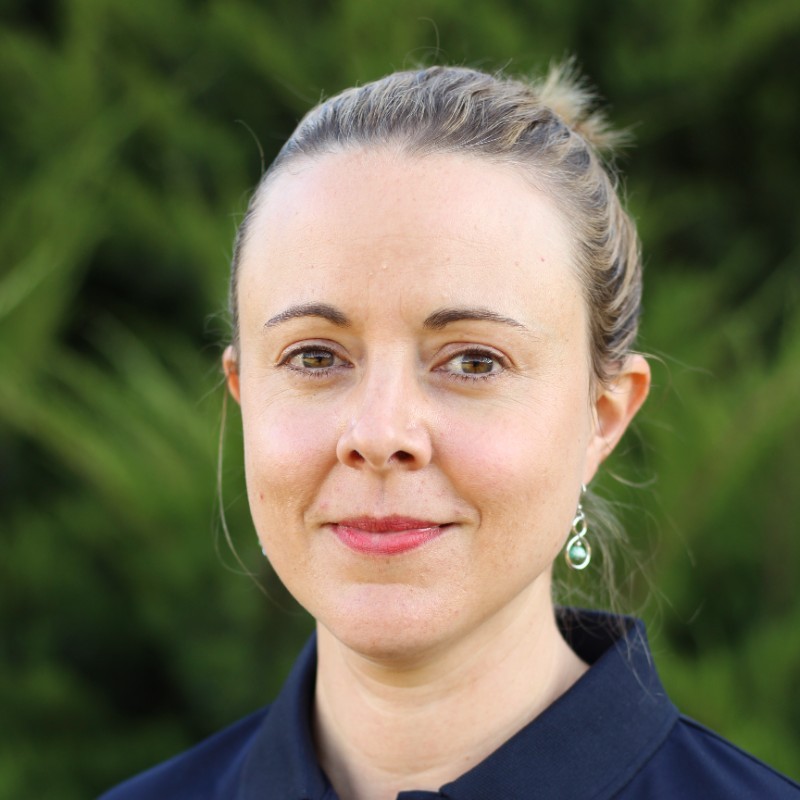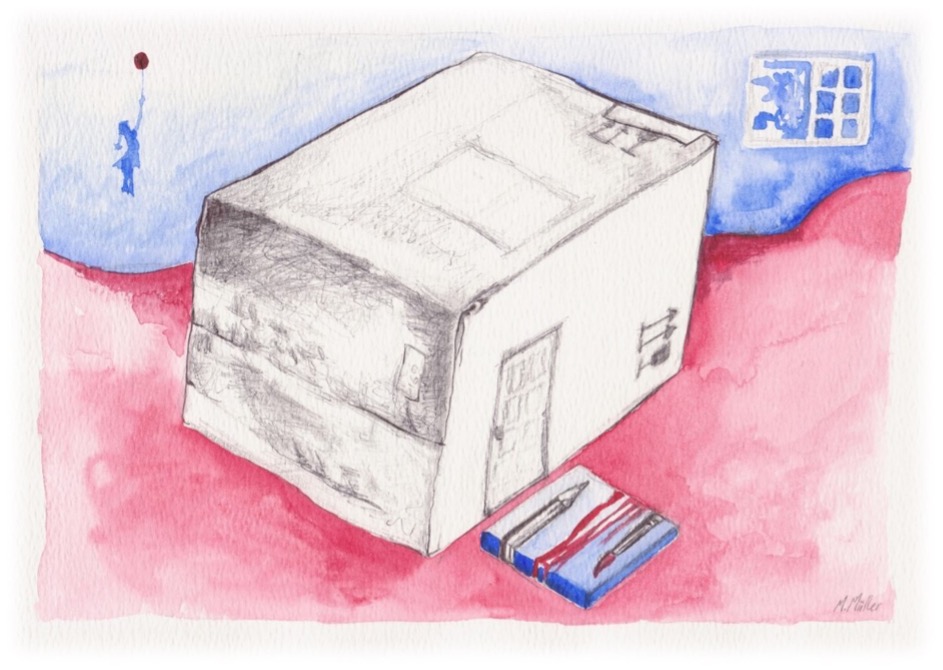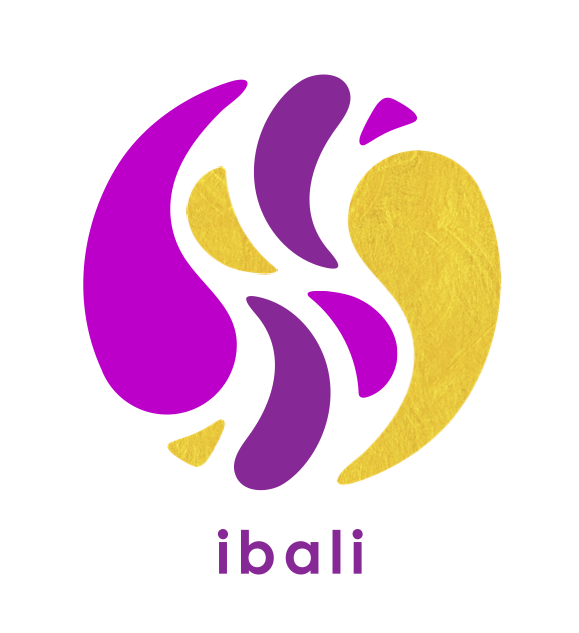Storytelling Matters to Me
13 February 2023

Portrait photo of Marguerite Muller
We are so thrilled to have had the opportunity to chat with Dr Marguerite Muller who is very passionate about story and has published quite extensively around her storytelling work. Marguerite is a lecturer in the School of Education, Communication and Society at King’s College London, and a Research Fellow at the University of the Free State. She holds a BA in Fine Arts, a PGCE, a Master of Education, and a PhD in Higher Education studies. In her research, she employs narrative, participatory and arts-based inquiry to explore issues of educator identity and subjectivity and social change in the higher education. Her goals are to engage in innovative and accessible and creative scholarship of education that contribute to a fair and just society for all.
Marguerite, please tell us how you have used storytelling in your work?
.jpg)
I think all my projects use storytelling to some degree. Sometimes I rely on life events to tell a story, sometimes fiction, sometimes poetry and often visual art. But my work is usually a combination of different modes of storytelling, and these always link up to arts-based research inquiry. I have always enjoyed reading, creative writing and making art. It was only when I realized that these things were possible in academic work, that I became interested in academic work. I remember watching a YouTube video of ‘Dance you PhD’ and I was fascinated that this kind of thing is possible in academic work. Of course, coming from an arts background, I thought it would always make perfect sense to use art to communicate my ideas. For me, art is just a form of storytelling and vice versa. I first tried arts-based research during my PhD. I wanted to tell a story of my own experiences and I found that I could do this through collage and painting and poetry and storytelling. I also wanted to find out about the experiences of others and found the same medium to be useful. I was lucky because I had the support of my supervisor (Prof Dennis Francis) who encouraged me to work with these creative methods and inquiry in a way that made sense to me. From my PhD I crafted a number of publications and I use storytelling in each of these to draw on visual and textual modes of storytelling (see Müller 2020a, Müller 2019 and Muller 2018).
I think this first taste of using storytelling and storying in research emboldened me to continue with more projects. Following this, I felt more comfortable using storytelling in academic work and also started collaborating with other scholars with a shared interest in this kind of writing (see Müller & Kruger 2021a, and Müller & Kruger 2021b).
Why do you think storytelling matters?
.jpg)
I remember very little of what I learned at school. But I do remember the stories my teachers and lecturers told. As humans, we make sense of the world as storied and narrative experiences, and we connect well with information that moves us to become ‘part’ of the world. Stories also tap into our sensory experiences, and we imagine the scene, the smell, the feeling of the storied setting without even having to try. If I ask you about your first day of school you might not have anything to tell me, but if I ask you to describe the way you felt on the first day of school when you walked through the door, and what the classroom smelled like, and what you had in your bag, and how your uniform fitted and what picture was on the classroom wall and who was a friendly or unfriendly face on that day….then you might have something to say, and THAT is the start of your story.
How would you describe your storytelling work in relation to educational inclusion?
.jpg)
The more I work with storytelling the more I enjoy how stories help us to trouble the (imagined) boundaries between things (and between people). In this way, I think storytelling always relates to educational inclusion – perhaps specifically when we engage in collaborative storytelling. When you tell your story to others your story change. When you listen to the story of others you change. We are touched by each other’s experiences when those experiences become part of the fabric of our imagination, and of what it means to be human. What does storytelling also make possible? I think it makes change, movement, wonder and ‘magic’ possible because a story can take you anywhere, and surprise you, even if you are the one telling it. Storytelling is not about changing the world, it is about changing the self and changing with others. If we are serious about any kind of change in education, we need to be serious about storytelling. I co-authored an article where we try to show how memory story and social justice teaching come together (see Müller, Le Roux & Kruger 2021) when you tell your own story with others you also need to listen to each other’s experiences. In this sense, I think collaborative storytelling is a great way to talk about the things that might otherwise be hard to share with each other.
So, you also use narrative, participatory and arts-based inquiry. How do you use these approaches?

I believe that narrative, participatory and arts-based inquiry is what I use to make sense of my own experiences. I also believe that these approaches align well with work that emerges from feminist, decolonial and critical theories. For me the most important use of any methodology is a post-qualitive approach to inquiry – this entails asking what this makes possible, rather than what does this represent. I guess from this point of view I am not too concerned about the linearity of sense-making in my process. My approach is very organic and responsive to the day-to-day life of being and becoming in the world (as a mother, an academic, a woman, a South African, a lecturer, a daughter, an immigrant in the UK and whatever else). Storytelling helps me connect the dots between the different selves that are so difficult to make sense of otherwise. In a story, I can become instead of being. This does not mean I have some kind of reckless disregard for the reality of contextual and historically situated experiences or a narcissistic fascination with what I imagine myself to be. No, I believe telling a well-crafted story (even when imagined) brings a kind of honesty and authenticity to experiences that might be difficult to communicate in any other way.
In future, what areas would you be exploring using storytelling?

I would like to use storytelling to create academic work that moves beyond the limits of academic publications and create participatory artistic and fun spaces for interacting, telling, listening, learning and changing together. Storytelling also opens up the possibility to use various forms of art to tell the story, for example, poetry, visual art or fiction.
You would have some memorable experiences of using storytelling, it seems. Could you tell us about any?
Writing about difficult experiences. I believe that in the most challenging moment of my life, I found storytelling as a way out or forward. Perhaps not the ‘best’ experiences, but useful and productive and healing. I think an article, published in 2017 (Müller 2017), was my first attempt at doing this. It was just after the FeesMustFall protests on the UFS campus and also just after the birth of my daughter, and I think writing a story about that made me process a lot of what had happened on campus and all around me during that time.
What have you found to be most challenging in working with stories?

Where to find the time to write good stories…. Crafting a good story takes time. Creativity takes time. In academic work (situated in neoliberal institutions) the biggest challenge we face is a lack of time to just read or write (never mind time to create). I find myself increasingly caught up in my ‘Outlook’ inbox and trying to get through emails and administration. Making time for creative work is so important even if this does not get recorded on the workloads or performance measures that test of validity and productivity. I think claiming time to create is such an important part of good art-making and storytelling. However, it is very challenging because we are trained to think that creative work is not serious work. Of course, I think creative work IS serious work (see Müller 2020).
What advice do you have for early career researchers who are planning on using storytelling in their projects?

Given time we can all find the significant moments in our lives that have opened up a little door from which a story can be told. But if you get stuck just start with the thing in front of you. Write about it, draw it, sculpt it, talk to it. Just start with the thing in front of you on the table or the desk or the kitchen counter. It could be a coffee cup or your laptop or whatever. Once you start to look around you and write about the things that you surround yourself with you will soon find several stories open and you are likely to go in the direction you wanted to go in the first place. You are likely to follow the story path that you intuitively feel emerges even if you do not know it yet. We tend to overthink and overcomplicate how and where to start. When you start telling a story you do not need to know the entire story you want to tell, or how it will end. In the telling the story will unfold, just allow it, listen to it, imagine what it might become and let it take you along. Storytelling matters to me, because it can change who you are, how you see the world, and who you become.
This sounds like very sound advice – thank you, Marguerite!
To know more about Marguerite’s work, click the links on the list of some of her published articles below.
Müller, M. 2020a. Inside a box: using objects to collaboratively narrative educator experiences of transformation in higher education. Educational Research for Social Change 8: 54–69. DOI: 10.17159/2221-4070/2018/v8i1a4
Müller, M. 2020b. Having fun seriously matters: A visual arts-based narrative of methodological inventiveness. Journal of Education, 78: 43–57. DOI: 10.17159/2520-9868/i78a03
Müller, M. 2019. Little we know of each other. Cultural Studies ↔ Critical Methodologies 19(1): 39–42. DOI: 10.1177/1532708617750991
Müller, M. 2018. A critical arts-based narrative of five educators working in higher education during an era of transformation in South Africa. Journal of Education (72): 89–104. DOI: 10.17159/2520-9868/i72a06
Müller, M. 2017. Are you happy now? A fictional narrative exploration of educator experiences in higher education during the time of #FeesMustFall. Education as Change 21(2): 208–236. DOI: 10.17159/1947-9417/2017/1960Müller, M. & Kruger, F. 2022. Engaging in Arts-Based Poetic Inquiry: Generating Pedagogical Possibilities in Preservice Teacher Education. Studying Teacher Education. DOI: 10.1080/17425964.2022.2079619
Müller, M., & Kruger, F. J. 2021a. ‘Do you miss kimchi?’ A collaborative arts-based narrative of education and migration. In J. Kurzwelly, H. Fernana, & L. Escobedo (Eds) Migrants, Thinkers, Storytellers: Negotiating Meaning and Making Life in Bloemfontein, South Africa, Chapter 7. HSRC Press.
Müller, M. & Kruger, F. J. 2021b. Eight weeks, eight verses: Using arts-based inquiry to explore educator subjectivity and reflexivity during a time of social change. In H. Mreiwed, M. R. Carter, & C. Mitchell (Eds) Art as an Agent for Social Change, pp.191–205. Leiden: Brill | Sense. DOI: 10.1163/9789004442870_019
Müller, M., Le Roux, A., & Kruger, F. 2021. Diffractive memory-stories and response-activeness in teaching social justice. Discourse: Studies in the Cultural Politics of Education. DOI: 10.1080/01596306.2021.1902944
.jpg)
